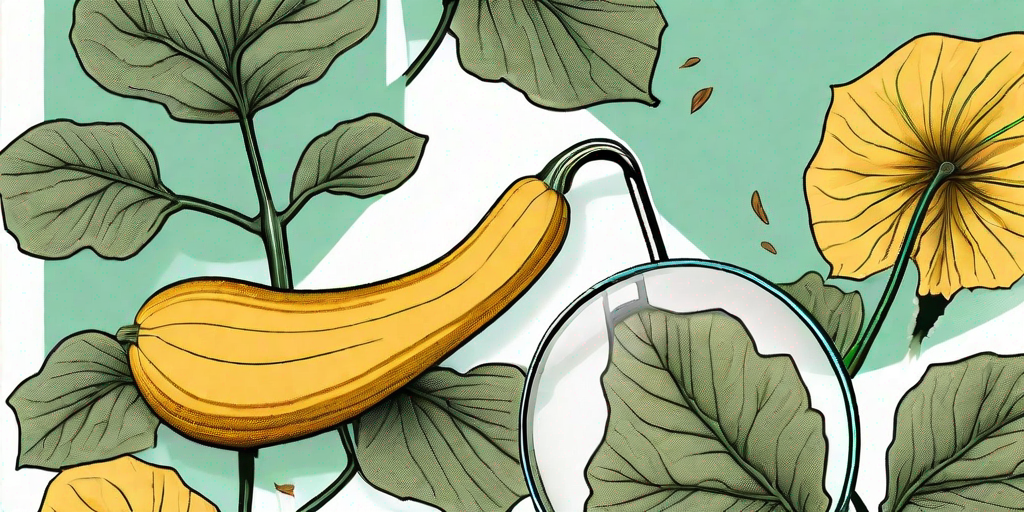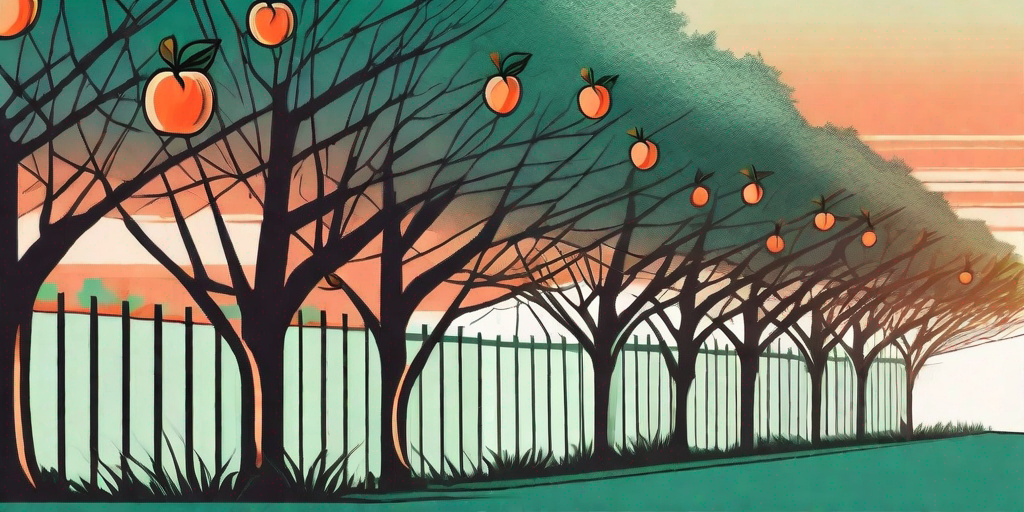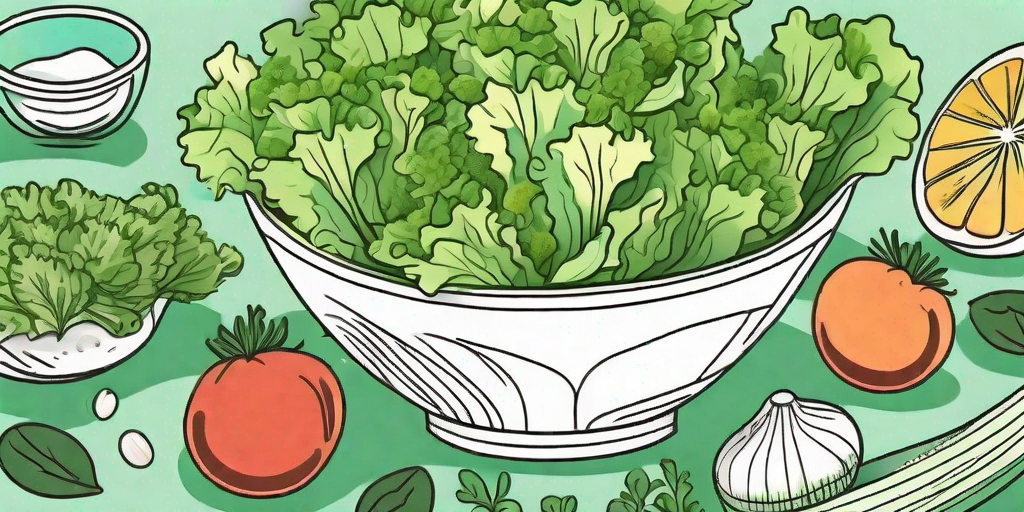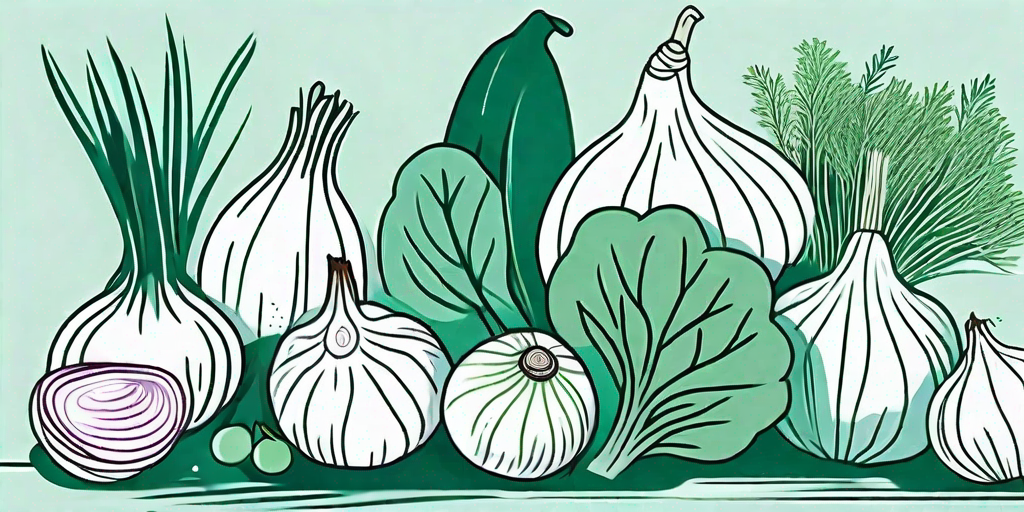
Ah, the humble squash plant. A staple in many a garden, it's a source of joy, nutrition, and sometimes, a bit of frustration. If you've noticed your squash plants looking a bit under the weather, specifically sporting yellow leaves, you're not alone. But don't worry, we're here to help you diagnose and treat this common issue. So, grab your gardening gloves and let's get to the root of the problem.
Understanding Squash Plants
Before we dive into the nitty-gritty of yellowing squash leaves, it's essential to understand squash plants. They're a bit like the divas of the vegetable world - they need their space, they love the sun, and they demand a lot of nutrients. When their needs aren't met, they're not shy about showing their dissatisfaction. Hence, the yellow leaves.
Understanding the needs of your squash plants can help you prevent yellowing leaves in the future. It's a bit like being a plant psychologist - you need to understand their needs and wants to keep them happy and healthy.
The Importance of Sunlight
Squash plants love the sun. They're a bit like sunbathers, always seeking out the best spot to soak up those rays. If your squash plants aren't getting enough sunlight, they might start to show signs of stress, such as yellowing leaves.
Ensure your squash plants are getting at least six hours of sunlight each day. If they're not, consider moving them to a sunnier spot in your garden. It's a bit like relocating them to a beachfront property - they'll thank you for it.
The Need for Nutrients
Like all living things, squash plants need nutrients to grow. They're particularly fond of nitrogen, phosphorus, and potassium. If they're not getting enough of these nutrients, they might start to show signs of nutrient deficiency, such as yellowing leaves.
Regularly feeding your squash plants with a balanced fertilizer can help prevent nutrient deficiencies. It's a bit like giving them a multi-vitamin - it helps keep them healthy and vibrant.
Diagnosing Yellowing Squash Leaves
Now that we understand the needs of squash plants, let's dive into diagnosing yellowing squash leaves. It's a bit like playing detective - you need to look for clues and rule out potential causes.
There are several potential causes of yellowing squash leaves, including nutrient deficiencies, pests, diseases, and environmental factors. We'll explore each of these in more detail below.
Nutrient Deficiencies
As we mentioned earlier, squash plants need a lot of nutrients to grow. If they're not getting enough, they might start to show signs of nutrient deficiency, such as yellowing leaves. Nitrogen deficiency is a common cause of yellowing leaves in squash plants.
To diagnose a nutrient deficiency, look for other signs such as stunted growth or poor fruit production. If you suspect a nutrient deficiency, consider getting a soil test to confirm your suspicions. It's a bit like taking your plants to the doctor for a check-up.
Pests and Diseases
Pests and diseases can also cause yellowing leaves in squash plants. Common culprits include aphids, squash bugs, and powdery mildew. These pests and diseases can cause a range of symptoms, including yellowing leaves.
To diagnose a pest or disease problem, look for other signs such as spots on the leaves, wilting, or a powdery substance on the leaves. If you suspect a pest or disease problem, consider consulting a local extension service or a trusted gardening book. It's a bit like calling in the cavalry when things get tough.
Environmental Factors
Environmental factors can also cause yellowing leaves in squash plants. These can include things like too much or too little water, poor soil quality, or extreme temperatures. Squash plants are a bit like Goldilocks - they like everything just right.
To diagnose an environmental problem, consider the conditions in your garden. Has there been a lot of rain recently? Has it been unusually hot or cold? These factors can all contribute to yellowing leaves in squash plants.
Treating Yellowing Squash Leaves
So, you've played detective and figured out why your squash plants are feeling yellow. Now, it's time to play doctor and treat those yellowing leaves. Don't worry, we've got you covered.
Depending on the cause of the yellowing leaves, there are several potential treatments. We'll explore each of these in more detail below.
Addressing Nutrient Deficiencies
If a nutrient deficiency is causing your squash plants' yellow leaves, the solution is simple - give them more nutrients. This can be done by applying a balanced fertilizer to your garden. It's a bit like giving your plants a hearty meal - it helps them grow strong and healthy.
Remember, squash plants are particularly fond of nitrogen, phosphorus, and potassium. Look for a fertilizer that contains these nutrients. And remember, moderation is key - too much of a good thing can be harmful.
Controlling Pests and Diseases
If pests or diseases are causing your squash plants' yellow leaves, you'll need to take action to control these problems. This can involve a range of strategies, from using natural predators to control pests, to applying fungicides to control diseases.
Remember, prevention is the best cure. Regularly inspect your plants for signs of pests or diseases, and take action at the first sign of trouble. It's a bit like keeping a watchful eye on your garden - it can save you a lot of trouble in the long run.
Adjusting Environmental Factors
If environmental factors are causing your squash plants' yellow leaves, you'll need to adjust these factors. This can involve things like improving your soil quality, adjusting your watering schedule, or providing shade during extreme temperatures.
Remember, squash plants are a bit like Goldilocks - they like everything just right. Pay attention to the conditions in your garden, and adjust as necessary to keep your squash plants happy and healthy.
FAQs
- Why are my squash plants' leaves turning yellow?
There are several potential causes of yellowing leaves in squash plants, including nutrient deficiencies, pests, diseases, and environmental factors. Diagnosing the cause can involve a bit of detective work, but once you've figured it out, you can take steps to treat the problem.
- How can I prevent yellowing leaves in squash plants?
Preventing yellowing leaves in squash plants involves meeting their needs for sunlight, nutrients, and the right environmental conditions. Regularly inspect your plants for signs of pests or diseases, and take action at the first sign of trouble.
- What should I do if my squash plants' leaves are yellow?
If your squash plants' leaves are yellow, the first step is to diagnose the cause. Once you've figured out why your plants are feeling yellow, you can take steps to treat the problem. This might involve applying a balanced fertilizer, controlling pests or diseases, or adjusting environmental factors.
So there you have it, folks. A comprehensive guide to diagnosing and treating yellowing squash leaves. Remember, a little bit of knowledge and a lot of love can go a long way in keeping your squash plants happy and healthy. Now, go forth and garden!











